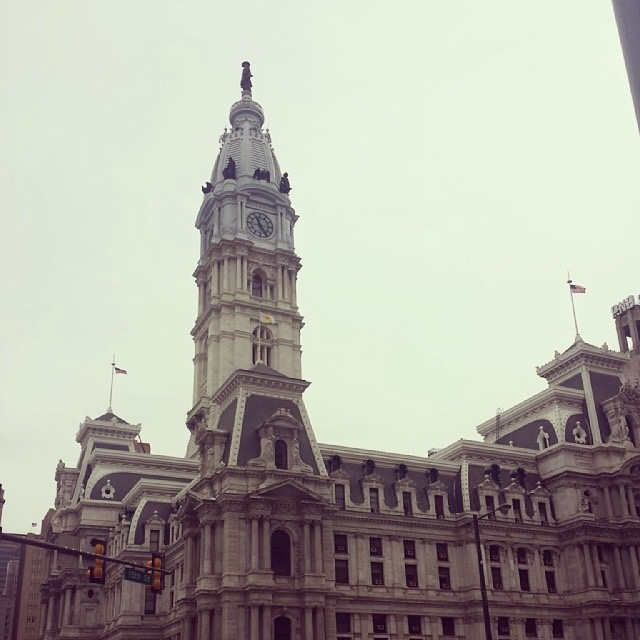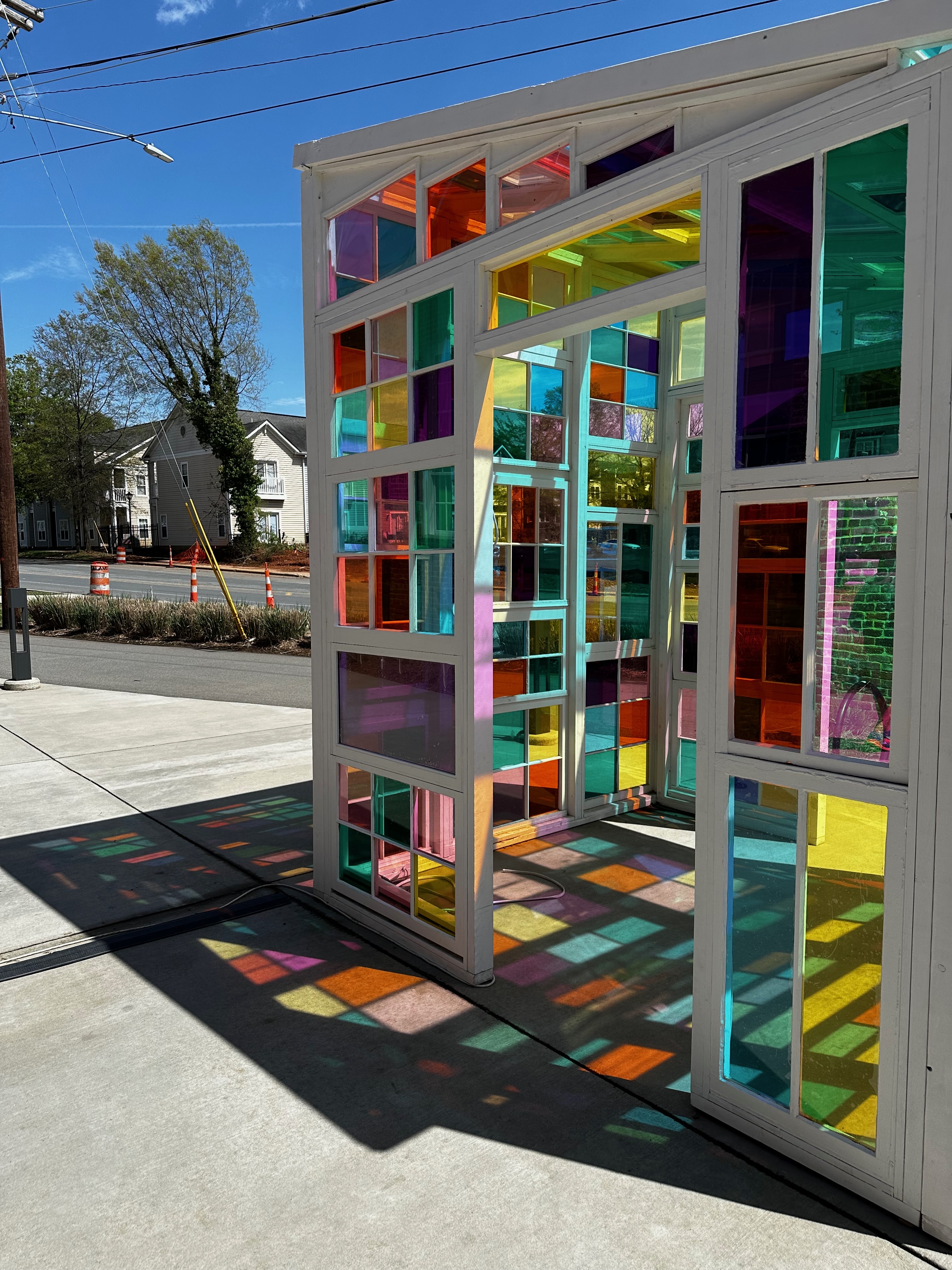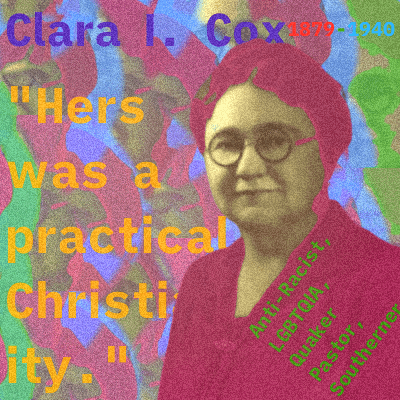What About Time?
Chronos, Kairos, and Time as Money
Hi Everyone,
I’ve been swirling around the topic of time recently. A couple months back, I mentioned reading Jenny Odell’s book, How to Do Nothing, for my silence class. One of the big takeaways I got from the book was the importance of paying attention to the things all around us that I often zoom past: the bird song, the trees, subtleties in conversation, and other movements that can draw us in if we’re awake enough to take them in first.
In the class, and in my own reflections, I’ve realized that I need more “margin” in my life if I am going to do be the kind of person I want to be in the world. I confess that making sure there is enough cushion in my day and life is hard work for me. I am often in a hurry. I am often distracted with the next thing. I am often worried that I haven’t done enough or can live up to the expectations of others and of myself. Creating intentional space where my mind can be at ease, process, pray, wonder and make ideas is powerful practice that I want more of. Why do I constantly feel pressed against the clock?

Following this thread out further:
Odell has a newly published book called, “Saving Time: Rediscovering Life Beyond the Clock.” In the book, Odell addresses how the creation of time-keeping through the measurement of time with the mechanized clock has greatly impacted human and the more-than-human world:
Observing clock time signaled a supposed domination over the natural world that was similar to other rationalist ideal, like the imposition of an abstract grid onto a decidedly diverse landscape. A clock hour was meant to be an hour, no matter where or what the season, just as a man-hour would be expected to be an hour, no mater who the man. This was as useful for regulating labor as it was for conquering land (Odell, 13).
So far in the book, a lot of what is being addressed is the concept of “Time as money,” and not just how this has obviously impacted labor and productivity, but how so much of our lives, family, communities, education, and faith are oriented around the clock.
She continues,
“The ida of fungible time as money is so familiar that it’s easy to take for granted. But it combines two things that are not as natural as they’ve come to seem: (1) the measurement of abstract and equal amounts of time like hours and minutes, and (2) the idea of productivity that divides up the work into equal intervals. Any system of time reckoning and any measure of value reflects the needs of its society. In our system of standard time unites, grids, and zones, for instance, one can still read the marks of the Christian, capitalist, and imperialist crucibles in which it was formed” (Odell, 12).
Reflecting on this history has raised so many questions for me: Questions like, when I am feeling distracted and not productive enough who is this “who” I am so pressured to be productive for? When I am tired and struggle to go to bed at a certain time or wake up at a certain time, when I feel my body out of sync with the machines next to my bed keeping time (a clock, a watch, and a phone), why do I instantly feel bad, blame myself, blame my body for not being quicker, more rested? Why do I feel in a hurry. Why do I constantly check my watch or the clock in the car as though I’m constantly racing against time. Now that I’m thinking about time, all I can think about is time.
It’s kind of like once you see it in one place, you see it every where.

A couple weeks back, I was in Cleveland visiting my dad who is still in the ICU. I sat next to his bed and while he drifted somewhere between this reality and the next, I read some of Saving Time. In this section, Odell wrote about the difference between chronos and kairos time. These are two Greek words for time that many of you accustomed to reading the Greek New Testament will be well aware of. Chronos, like chronology, means something like the daily events, linear time that moves into the future, the kind of time we have come to rely on to make things go. Kairos means something very different. Kairos is like a disruption, an in-breaking crisis, an event that changes everything, marking a change in the timeline to put it in Back to The Future Terms. COVID was a kairos event (perhaps even an Event in the understanding of Badiou). With COVID it was very easy to say, “when will things go back to normal.” “Just give this two weeks time and things will be okay.” Things we’re constantly on a linear timeline. The production of the vaccine. The incubation period of the virus. The 10 days or 5 days of quarantine. The time we had to wait between vaccines before we were eligible again. But COVID did not on have a traumatic impact on human society, it unveiled certain things hidden but that had been there for a long time.
Dad’s heart attack was a kairos event, an in-breaking crisis that changes everything. That revealed what had been hidden (his heart had been sick for a long time as we were to learn). The attack not only disrupted his entire life, it changes ours as well. It’s hard to accept that this event won’t just be a small little thing we look back on in a few years and tell stories about: “Remember when…” The kairos is acceptable so long as everything goes back to chronos. Isn’t this the way we usually feel?
Similarly, it struck me, I want to treat this like a chronos event. “How long until he is able to…” “How many more days until he is…” And of course this is not at all how the body works. The body does not heal or move according to seconds, minutes, hours, days, and months. The body goes back and forth across our human-made chronos like a duck skimming across the top of the water, circling, going up and down in the air, unbound by the sea and shore. Nature is unbound. Our bodies are unbound. They heal, age, change, and transform in ways that can be impacted by human chronos — the harder I push myself to perform, produce, change according to some abstracted time, the more I force time onto my a natural/physiological system — but I do not think it works the other way around.
I guess what I am stumbling towards is: I am trying to learn how life is and is not bound by “clock time.” The fact that my Dad’s recovery will be what it will be and the clock is not itself the primary gauge about which we can know how long this journey will be. In this process, I want to learn from and reassess my own relationship to human-made, chronos, abstracted time both in terms of the expectations I put upon myself, but also those I put on my children, my wife, my colleagues, my faith, and my work, even my dog Magnolia. The ticking of the second hand does not need to become a tyranny for us and yet nothing will stock its persistent turning. We live alongside and, hopefully, sometimes in spite of these things we have imposed upon ourselves. We may live now in a time bound geography but we also live in hope.
Glory Be.
Wess Daniels
Haw River Watershed (Greensboro, NC)
Note: Some links in this newsletter point to a new website I’m building that will act like footnotes and my online wiki. This is a paid members feature. Members will getting a separate newsletter about how access to this wiki shortly.
Links from Around the Web Picked Just For You
- A podcast with Jenny Odell over at Emergence Magazine (I highly recommend this magazine!): Another Kind of Time and another called Deep Time: The Tyranny of Time.
- I commend to you a new podcast: Thee Quaker recorded by Jon Watts and Georgia Sparling. This is a well-produced, interesting, and engaging new podcast offering more introductory looks into what it means to be Quaker today. I have really been enjoying listening. For added fun I make a Cameo in Episode 1 and talk quite a bit about remix culture in Episode three.
- A Photo Essay – The church at the end of the world
For Pride, We over at Friends Center are celebrating various queer Quakers from history. This week I want to lift up North Carolinian, Clara I. Cox (1879-1940): Anti-Racist, LGBTQIA, Quaker Pastor, and Southerner. She was a staunch advocate for the poor and was the president of the Association of Southern Women for the Prevention of Lynching. Here’s a lovely article on her life and ministry in nearby High Point.

A Final Thought
It was upsetting to do that kind of research, because what I found was that at the very root of this now sort of everyday prosaic way of thinking about time was the idea of buying and selling other people’s time. You can’t separate the history of timekeeping, and even time zones, from both colonialism—which involves also putting people to work right—and industrialism. But it’s always an interesting question throughout history to ask, who is timing whom? Timekeeping doesn’t just advance itself, right? We don’t have more and more minute measurements of productivity for no reason. It’s like there was always a reason to be doing it, and the reason was always to get more work out of people faster. – Jenny Odell – Another Kind of Time from Emergence Magazine
Thank you!
There are so many ways to engage. Consider becoming a member, like this post, leave a comment, share this newsletter with a friend, join the chat via the Substack app, or drop me an email (cwess@icloud.com).
Thank you for your friendship and for continuing to read!
Wess Daniels